While aging is a natural process that changes the entire body, including your oral health. You can incorporate mindful habits for aging gracefully.
To slow aging, regular exercise, including low-impact activities like walking, swimming, or yoga, can help maintain joint flexibility, strengthen muscles, and support overall joint health. Eating a balanced diet rich in nutrients, staying hydrated, getting enough restful sleep, and avoiding harmful habits like smoking can also contribute to healthy aging.
Natural Body Deterioration Caused by Aging
- Wear and tear: Joints experience wear and tear over time due to repetitive use, leading to conditions like osteoarthritis, causing the protective cartilage within the joints to wear away, causing pain, stiffness, and reduced mobility.
- Loss of muscle mass: As we age, there is a natural decline in muscle mass and strength, known as sarcopenia, which can affect joint stability and lead to increased discomfort and limitations in movement.
- Reduced flexibility: We can gradually lose flexibility and range of motion in the joints, which makes bending, reaching, or lifting challenging and can increase the risk of injury.
- Changes in bone density: There is an increased risk of bone loss, known as osteoporosis, which makes bones more prone to fractures. Weak bones can impact joint health, especially in weight-bearing joints like the hips and knees.
- Chronic conditions: Aging is a risk factor for various chronic conditions, such as cardiovascular disease, diabetes, and arthritis, affecting joint health and overall well-being. These conditions may cause inflammation, pain, and stiffness in the joints, further limiting their function.
- Lifestyle factors: Certain lifestyle habits, such as a sedentary lifestyle, poor nutrition, smoking, and excessive alcohol consumption, can contribute to accelerated aging and the development of chronic diseases. These factors can impact joint health and overall physical well-being.
Did You Know that Your Mouth Ages too?
The well-being of your aging mouth is related to the health of the rest of your body. There have been studies between gum inflammation and conditions such as diabetes, heart disease, stroke, and respiratory problems.
Dentures existed as early as 700 BC in Italy. Only the rich could afford dentures comprising animal and human teeth. Today, three fourth of people over 65 retain more natural teeth, but older people still suffer high rates of gum disease, dental decay, oral cancer, and tooth loss.
As we age, our mouths undergo various changes similar to aging in the rest of our bodies. Here are some ways in which our mouths age:
- Tooth wear: Over time, our teeth can wear down due to everyday use, grinding or clenching, and acidic foods or beverages – This can lead to changes in tooth shape and size and increased sensitivity.
- Gum recession: The gums can recede or shrink as we age, exposing the roots of the teeth. Gum recession can be caused by gum disease, brushing too hard, or genetics.
- Tooth loss: Tooth loss becomes more common with Age, often due to dental decay, gum disease, or other oral health issues. Missing teeth can affect the alignment of the remaining teeth and may lead to difficulties with chewing and speaking.
- Dry mouth: Aging is associated with a decrease in saliva production. Saliva is crucial in maintaining oral health by neutralizing acids, washing away food particles, and preventing tooth decay. Certain medications, medical conditions, or radiation therapy can cause dry mouth.
- Changes in taste: Some individuals may experience changes in their ability to taste certain flavors as they age. – This can be attributed to various factors, including a decrease in taste bud function and the use of certain medications.
- Bone loss: Just like other bones in the body, the jawbone can experience density loss with Age. This bone loss can contribute to changes in facial appearance, such as a shrinking jawline or a loss of support for the surrounding teeth.
- Increased risk of oral diseases: Older adults are prone to oral health problems such as tooth decay, gum disease, and oral infections caused by weakened immune systems, medical conditions, and certain medications.
We can all practice good oral hygiene by regularly brushing and flossing, visiting the dentist for check-ups, and promptly addressing any oral health issues. Also, maintaining a healthy diet, avoiding tobacco use, and staying hydrated can help support oral and physical health.
Slow Down the Aging Process with Mindfulness
Practicing positive and mindful habits can greatly contribute to good health. Here are some habits that you can cultivate:
- Mindful Eating: Pay attention to your eating habits and focus on nourishing your body. Eat slowly, savor each bite, and listen to your body’s hunger and fullness cues. Choose whole, nutritious foods and avoid mindless snacking.
- Regular Physical Activity: Engage in regular exercise or physical activity that you enjoy. It can be as simple as taking a walk, practicing yoga, dancing, or any other form of movement that gets your body active. Exercise not only improves physical health but also boosts mood and reduces stress.
- Mindful Breathing and Meditation: Take a few moments each day to practice deep breathing or mindfulness meditation. This can help reduce stress, increase focus, and improve overall mental well-being. Start with just a few minutes and gradually increase the duration as you become more comfortable.
- Adequate Sleep: Prioritize getting enough sleep to support your overall health and well-being. Create a consistent sleep schedule, establish a relaxing bedtime routine, and create a sleep-friendly environment free from distractions.
- Gratitude Practice: Cultivate an attitude of gratitude by taking time each day to reflect on the things you’re grateful for. This practice can promote a positive mindset, reduce stress, and increase overall happiness.
- Hydration: Drink plenty of water throughout the day to keep your body hydrated. Staying hydrated supports digestion, helps maintain energy levels, and promotes overall well-being.
- Limit Screen Time: Reduce excessive screen time, especially before bedtime. Set boundaries around the use of electronic devices and allocate time for other activities like reading, socializing, or pursuing hobbies.
- Social Connections: Nurture positive relationships and spend quality time with loved ones. Strong social connections are essential for mental and emotional well-being.
- Self-Care: Prioritize self-care activities that bring you joy and relaxation. Engage in activities such as taking a bath, reading a book, practicing a hobby, or spending time in nature.
- Positive Self-Talk: Practice positive self-talk and embrace self-compassion. Replace negative thoughts with positive affirmations and focus on your strengths and achievements.
Start Today
Start small and gradually incorporate these habits into your daily routine. Consistency is key, and over time, these positive mindful habits will become natural and contribute to your overall good health.
Check Out our line Mind-Body Connection Through Daily Practice Course
Mind-body connection? We all heard of this term, mind-body connection, but what is it? How is our mind connected to our body?
Some wonder if the mind is part of the body or the body the part of the mind? And which one dominates. The mind and the body are not two separate entities; instead, they are both intertwined in what is known as the mind-body connection.
What will you learn in the 3-part Mind-Body Connection course:
- Lesson 1: Know Your Mind-Body Connection? 19:14
- Lesson 2: Mind-Body Intuitive Development Exercise 10:55
- Lesson 3: Connect Your Mind-Body Meditation 20:13
 About the Writer, Film Maker, and Teacher
About the Writer, Film Maker, and Teacher
Helen Chin Lui is the a Certified Reflexologist, Certified Energy Medicine Practitioner, Reiki Master and teacher. She is the owner of the Healing Place LLC and Healing Place Energy School LLC.
 Healing Place LLC
Healing Place LLC
Healing Place LLC specializes in helping people of all ages to break pain cycles of chronic pain, chronic digestive problems, and balances hormones naturally. If you would like to learn how Reflexology can support your health, please schedule a FREE consultation on the HealingPlaceMedfield.com website or call (508) 359.6463.
 Healing Place Energy School LLC
Healing Place Energy School LLC
Want to learn how to better care for yourself and your loved one with holistic medicine? Become a member of the HealingPlaceEnergySchool.com. We offer an array of Energy Medicine, Mindful, Reflexology, Meditations, and Self-Awareness courses that you can take from the privacy of your home.
 Self Empowering Books by Helen Chin Lui
Self Empowering Books by Helen Chin Lui
Know Your Chakras and Foot Reflexology to Promote Relaxation.
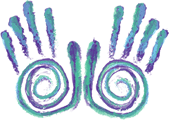
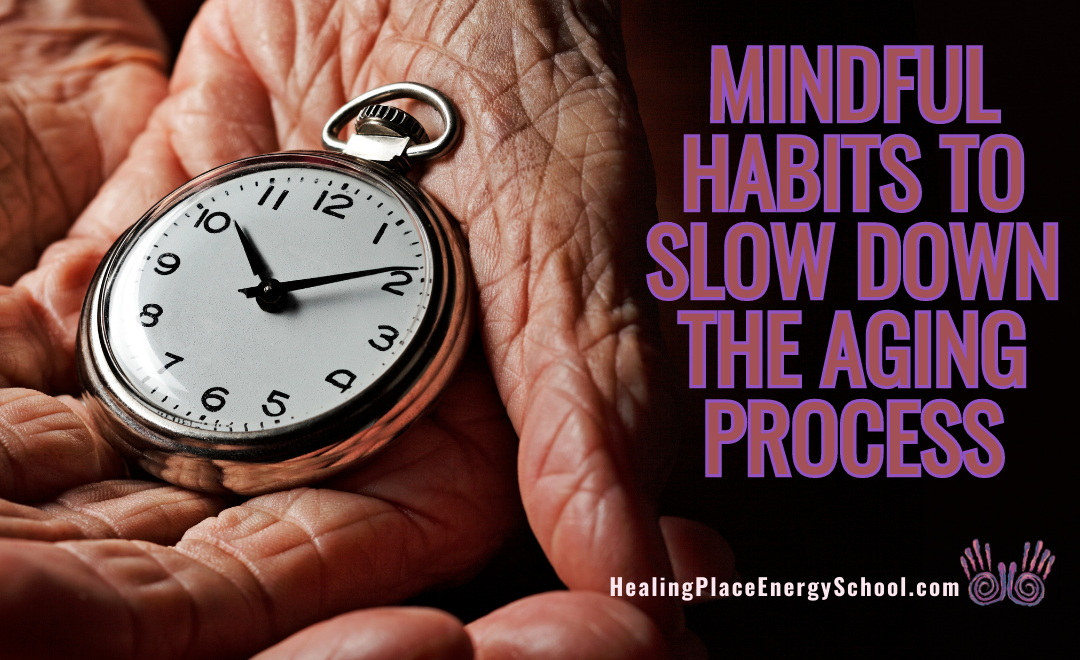
 About the Writer, Film Maker, and Teacher
About the Writer, Film Maker, and Teacher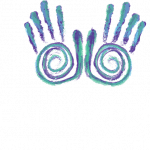 Healing Place LLC
Healing Place LLC Healing Place Energy School LLC
Healing Place Energy School LLC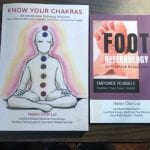 Self Empowering Books by Helen Chin Lui
Self Empowering Books by Helen Chin Lui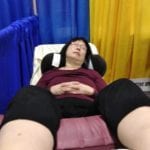


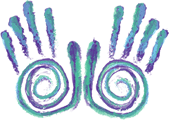
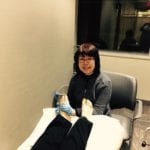

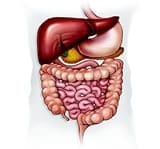
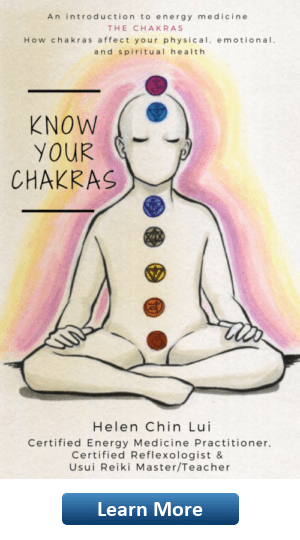
 The Healing Place LLC helps all ages to find relief from chronic pain, chronic digestive problems and balance hormones naturally. We practice COVID19 safety. Don’t forget to check on our online school HealingPlaceEnergySchool.com. Thank you.
The Healing Place LLC helps all ages to find relief from chronic pain, chronic digestive problems and balance hormones naturally. We practice COVID19 safety. Don’t forget to check on our online school HealingPlaceEnergySchool.com. Thank you.
Recent Comments